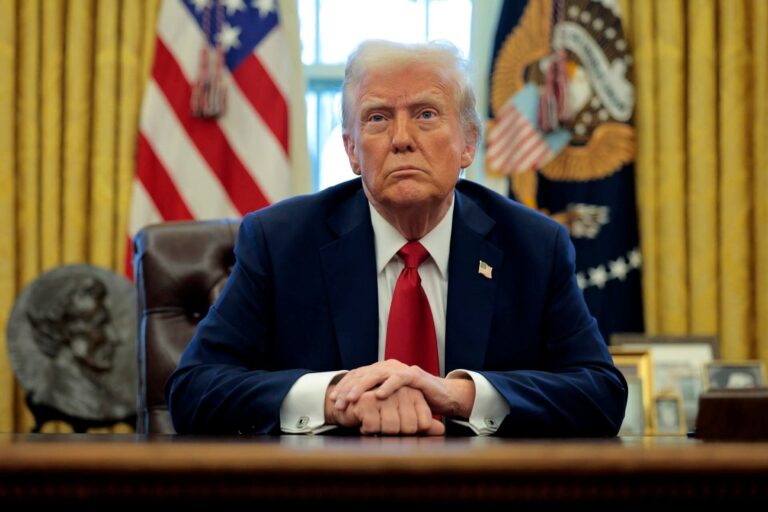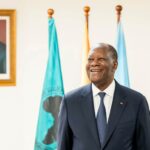The major European countries and the United States have been drawing back from Africa since the end of the Cold War. The situation for the United States is somewhat different than that facing Europe,especially the former colonial powers. Africa has always been at the bottom of the regional US foreign policy priority list. Some administrations take Africa more seriously than others, but the
continent has never been given the attention in Washington that it deserves.
So far, the Trump administration has paid especially little attention to Africa. It has demolished USAID and the Millenium Challenge Corporation. The Africa Growth and Opportunity Act recently expired with no effort to replace it. There was talk early in the administration of shutting a number of US embassies in Africa, although fortunately that has not yet happened. There is also
discussion of abolishing the US Africa Command and putting Africa back under the European Command. No one has been named as the assistant secretary of state for African affairs eight months into the administration. Except for President Trump’s strange meeting with five African heads of state, theWhite House has shown very little interest in the continent. President Trump has installed Massad Boulos, father-in-law of his youngest daughter, as a senior adviser for Africa. To his credit, Boulos has had some success in reducing conflict between the DRC and Rwanda. His efforts to end the fighting in Sudan have not been successful. There is just no indication that the administration plans to engage seriously with Africa. A number of European countries seem to be taking a similar
approach. This opens the door to influence by China, Russia, Turkey, Iran, the Gulf States, etc. Russia has been especially active in trying to fill the void, although its invasion of Ukraine has sharply limited what it can do in Africa. Russia has never been an important source of foreign aid or investment in Africa. Its trade with sub-Saharan Africa is laughable; it is modestly important
with North Africa. Russia’s strength in Africa has always been as a source of arms. It is now trying to combine the supply of military weapons with some military training and serving as a praetorian guard in a few countries. I predict that most, if not all, of these engagements will end
badly for Russia and the African country. Russia has taken advantage of the missteps by countries
like France and the United States in several African countries. But the Africa Corps is not the solution either. Russia does not have the resources or the attention span to do what is necessary to counter the security challenges facing these countries. Nor are the Russians popular in Africa. Their military personnel can prop up a regime’s leadership for a period of time, but eventually
either the Russians and/or the African government will conclude this is not working or the regime will fall. The West should try to increase its influence throughout the continent. But in those countrieswhere the Africa Corps is already deeply engaged, it is important to move with greater caution as the West does not have solutions either. It should stay in touch to the extent possible and offer assistance that clearly makes sense in a particular situation. The West should put most of its support in those countries where Russia is not yet a major player.
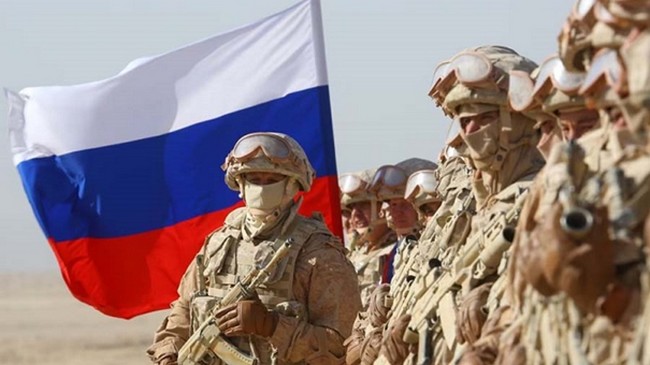
More on this story: Russia’s Africa Corps: Wagner’s Successor in Africa (2022–2025)
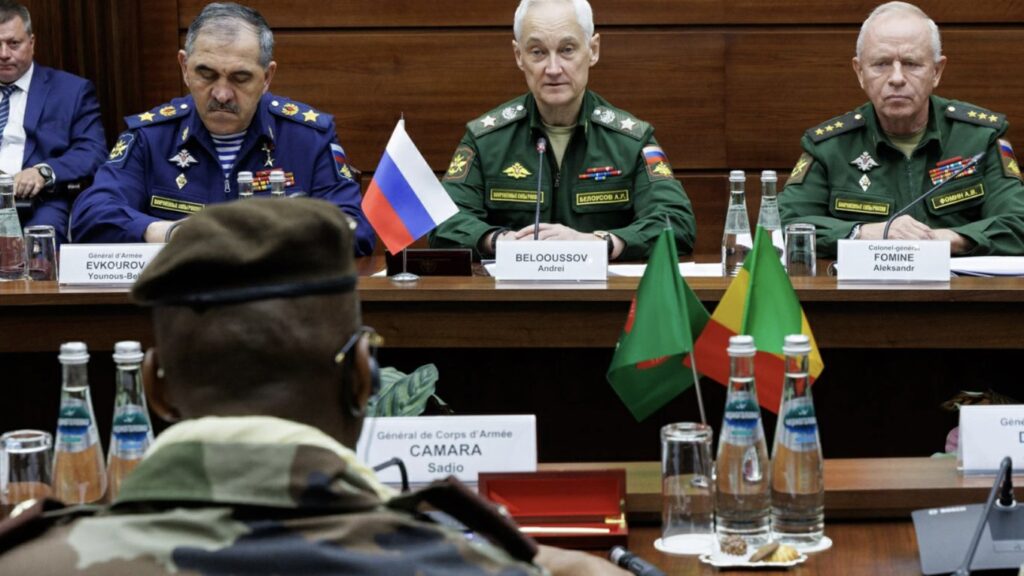
More on this story: How Russia’s MoD Secures and Exploits Sahel’s Strategic Minerals
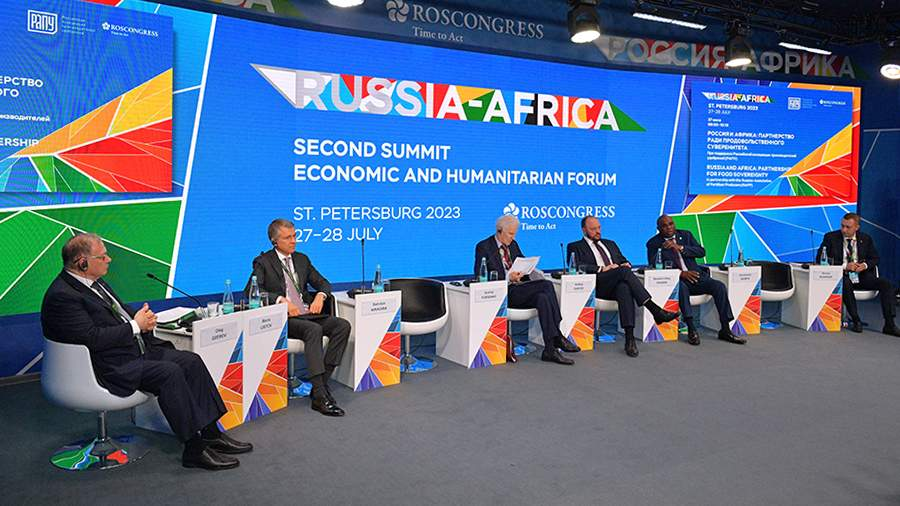

More on this story: Africa’s New Overseers: Inside Russia’s Covert Gold Empire”
The francophone countries have been affected to a greater extent because of an accident ofgeography. Except for Sudan, the band of countries immediately south of Libya and Algeria arefrancophone. Much of the security challenge these countries face today came from the total
breakdown of authority in Libya and, to some extent, jihadi activity in southern Algeria. In any event,Anglophone countries have not been immune to jihadi violence. Boko Haram has bedeviled Nigeria for years. Sudan has also been involved in constant conflict.


